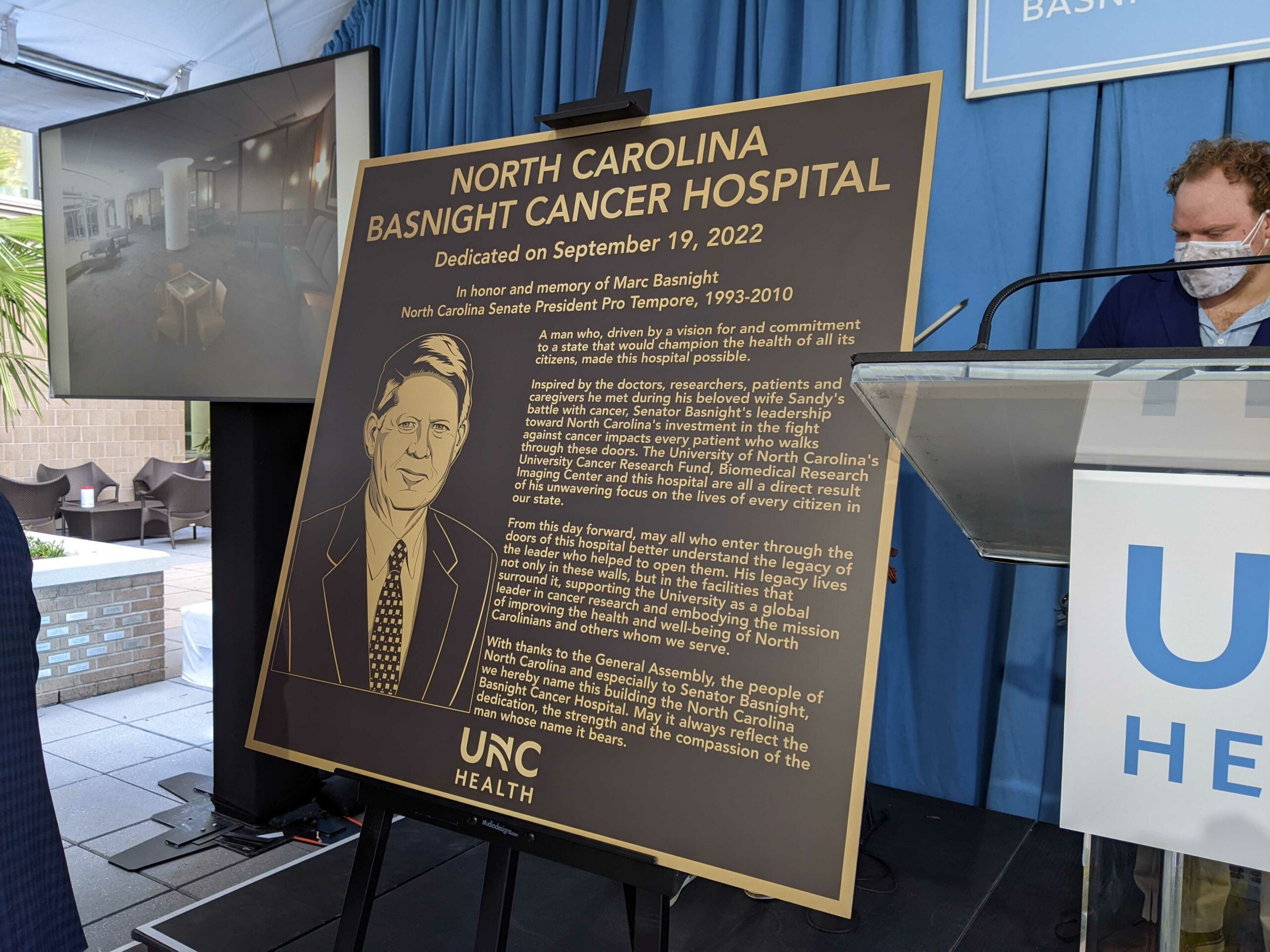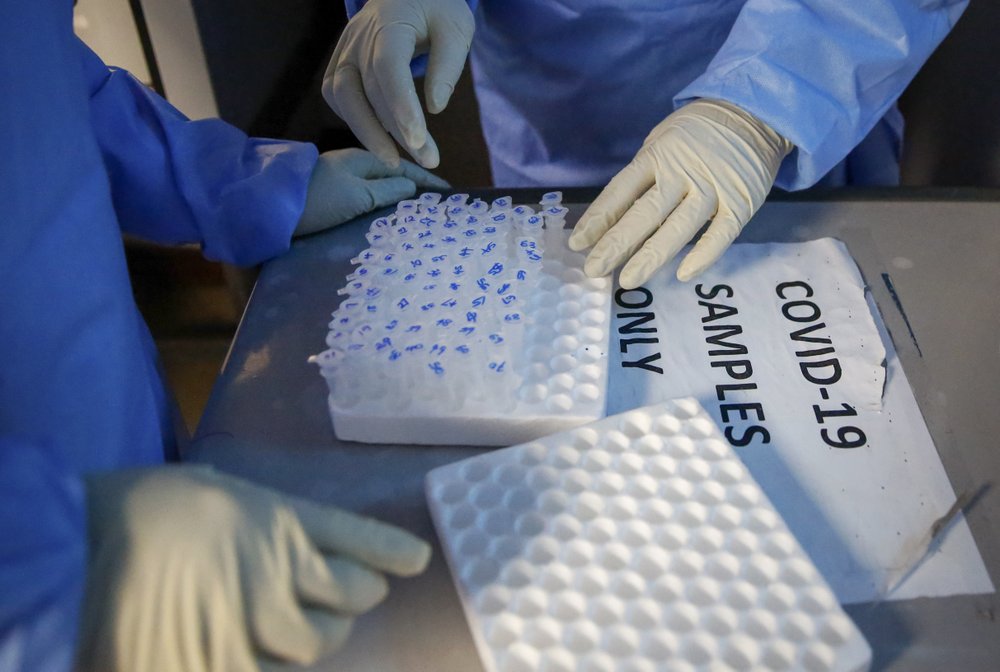UNC researchers have found a way to kill drug resistant lung cancer using 50 times less chemotherapy.
For the first time, researchers have developed a way to package cancer drugs inside naturally occurring particles found in white blood cells, allowing them to freely pass through membranes that would otherwise resist the drug.
Dr. Elena Batrakova at the UNC Eshelman School of Pharmacy’s Center for Nanotechnology in Drug Delivery and her team discovered this method that allows for more effective cancer treatment.
“My idea was to load the cancer drug into these white blood cells and let them go and let them find the cancer cells in the patient’s body and kill these cancer cells,” said Batrakova.
The key to this process is exosomes, small particles from white blood cells that help the body fight against infection. Batrakova said exosomes are engineered by nature to be perfect delivery vehicles.
“And what we found was amazing. We found that these exosomes loaded with the drug target cancer cells,” said Batrakova.
Loading the exosomes with the cancer drug utilizes the body’s natural process for fighting disease.
“I am absolutely positive that whatever nature created is a thousand times more efficient and better than whatever people can create,” said Batrakova.
Without the exosomes the body blocks some of the cancer medicine, seeing it as foreign object. When the medicine is contained inside the exosomes it is able to work without the body fighting back.
“They work like an invisibility cloak, and they cover this drug, deliver to cancer cells, release it, inject it into the cancer cells and kill them very efficiently,” said Batrakova.
This method has only been tested on mice, but Batrakova believes that it could limit the bad side effects of chemotherapy.
“Now we know we can use even less anti-cancer drug and kill and efficiently eradicate these cancer meta-stages,” said Batrakova.
Batrakova said this method could also be effective in diagnosing cancer because it is so good in finding cancerous cells. If applied to humans, this research could help treatment of many different diseases.







Comments on Chapelboro are moderated according to our Community Guidelines